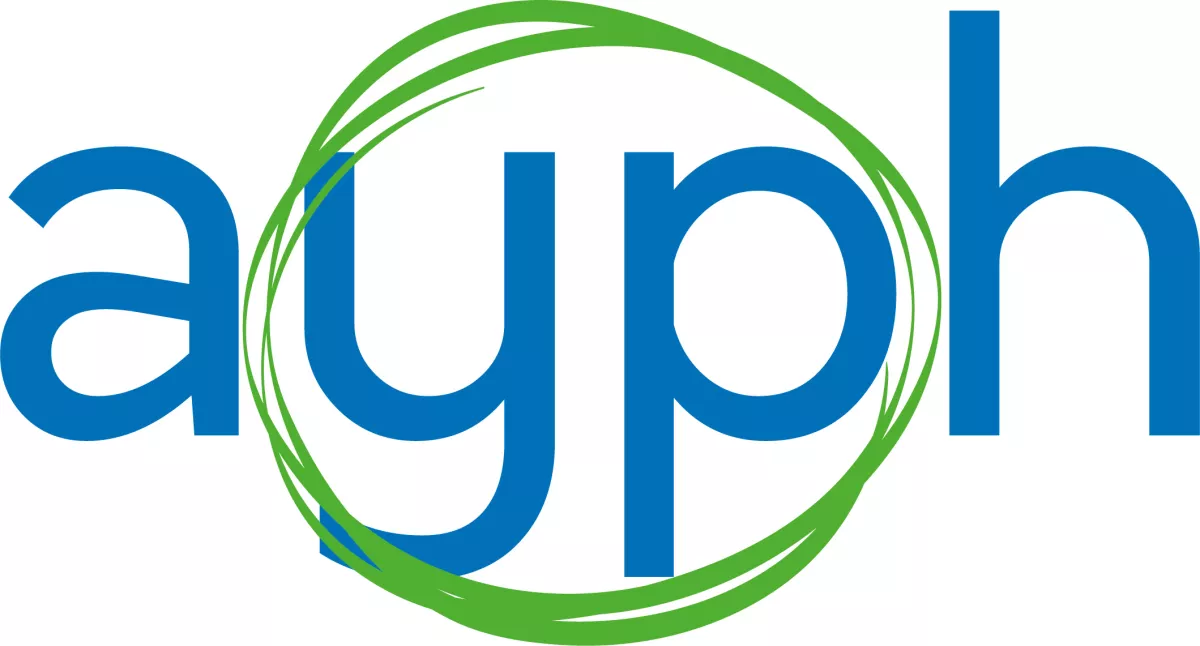
The Association for Young People’s Health, funded by the Epilepsy12 Audit, have launched the report on their project to understand more about the experiences of managing epilepsy care from children, young people and families from groups which may be more likely to face marginalisation. The project was led by the Association for Young People’s Health, working closely with the Race Equality Foundation, Young Epilepsy, and RCPCH&Us.
The focus was particularly on children and young people with epilepsy from black and minority ethnic communities, those living in deprived areas, and those with co-occuring neurodiverse conditions and/or a learning disability. These groups were identified to align with the Core20PLUS5 approach. The project included a scoping review and participation work with young people diagnosed with epilepsy and their families. An infographic has been produced to summarise the key themes and messages from both the scoping and engagement reports.
Find out more on the AYPH website.
Findings from the scoping review
The scoping review underlined the need for more direct evidence in order to understand the needs of children and young people with epilepsy from communities that experience marginalisation.
What we do know from existing evidence is that these groups of young people are more likely to struggle to access the services they need and more likely to have poorer health outcomes. Previous engagement work has found that the messages emerging are similar to those from projects involving young people with other long-term conditions, such as diabetes. This includes the importance of understanding, reduced feelings of stigma, and improved staff training on working with young people. There may be particular and specific issues with epilepsy in relation to heterogeneity of the disease types and the high comorbidity, and more is needed to understand the implications for access to services from the young people’s perspectives.
Themes from the engagement project

In total, 48 young people from all four nations of the UK took part in engagement sessions and interviews. Their feedback highlighted ways to help services engage them better in managing their epilepsy and taking agency in their care. These included:
- Reducing stigma and raising awareness about epilepsy
- Accessible tools to support young people and familied to manage their complex condition
- Providing young people with agency
- Tailoring communication for young people
- Managing and uncertain future
Recommendations from young people
Many of the things young people highlighted stress the importance of youth friendly communication and clear processes for transition as young people get older. The young people suggested how epilepsy care offered to them could be improved to help reduce access barriers:
- Improve the range of information for different ages, young people from different communities and with different needs.
- Increase opportunities for young people with epilepsy to work with their peers and help co-produce solutions.
- Introduce stigma busting and awareness training in communities and schools.
- Increase availability of accessible and simple technology
Further information is available in the full report and on the AYPH website. We encourage clinicians and colleagues working with children and young people with epilepsy to read the report, share within their teams and networks, and consider how they can incorporate these recommendations into their services.
Contact information
For any queries or more information, please contact the team at epilepsy12@rcpch.ac.uk.









